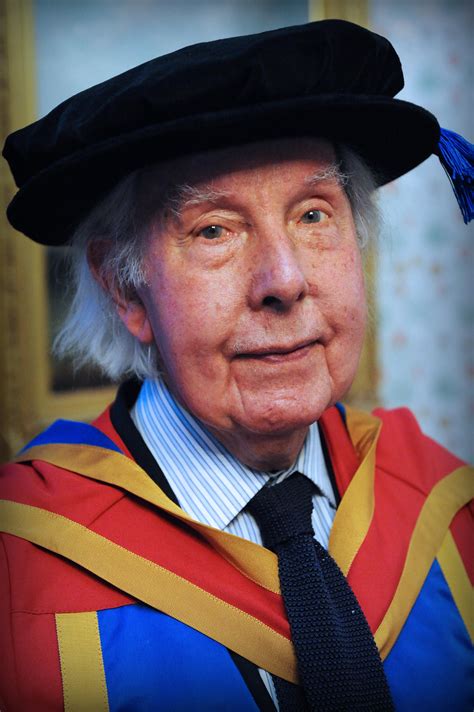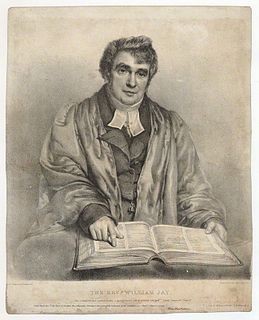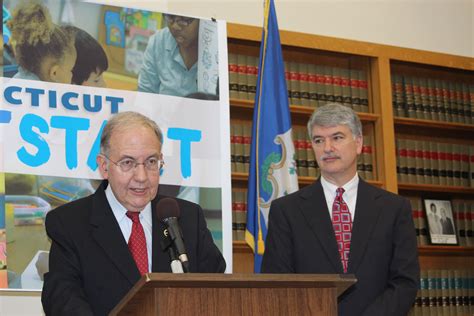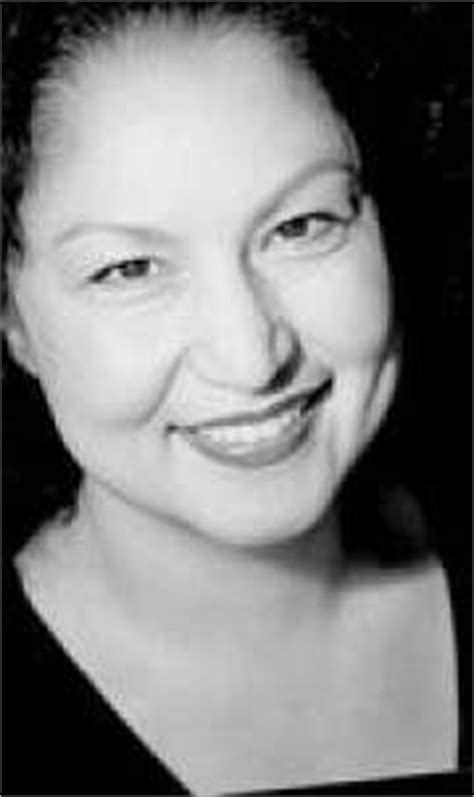A Quote by Elisabeth Kubler-Ross
Death is the final stage of growth in this life. There is no total death. Only the body dies. The self or the spirit, or whatever you may wish to label it, is eternal. You may interpret this in any way that makes you comfortable.
Related Quotes
Every living thing, animal or human, or tree experiences that which is called death, with no exception. You've all accepted that one a long time ago. Spirit, which is who we really are, or Source, is eternal. So what death must be is a changing of the perspective of that Eternal Spirit. If I am standing in my physical body and am consciously connected to that Eternal Spirit, then I'm Eternal in nature and I need not ever again fear any endedness, because, from that perspective I understand that there is not any of that.
What if it is for life's sake that we must die? In truth we are not individuals; and it is because we think ourselves such that death seems unforgivable. We are temporary organs of the race, cells in the body of life; we die and drop away that life may remain young and strong. If we were to live forever, growth would be stifled, and youth would find no room on earth. Death, like style, is the removal of rubbish, the circumcision of the superfluous. In the midst of death life renews itself immortally.
'Who am I?' The answer is 'I am God'. The body comes and goes, but the Atma is permanent. The body has birth and death, but the spirit does not have any of these. You reach the stage where you say, 'I am God', but even there, there is duality, 'God and I'. That is not the full Truth. When we breathe, the breath makes the sound of 'So-Hum', 'He am I'. There is still the body consciousness, the 'I'. But in deep sleep, the declaration of 'He' and 'I' falls away and only '0' and 'M' remain, 'Om'; there is only the One.
Misunderstanding may arise by confusing the Buddhist and scientific definitions of death. Within the scientific system you spoke quite validly of the death of the brain and the death of heart. Different parts of the body can die separately. However, in the Buddhist system, the word death is not used in that way. You'd never speak of the death of a particular part of the body, but rather of the death of an entire person. When people say that a certain person died, we don't ask, "Well, which part died?"
And then the spirit brings hope, hope in the strictest Christian sense, hope which is hoping against hope. For an immediate hope exists in every person; it may be more powerfully alive in one person than in another; but in death every hope of this kind dies and turns into hopelessness. Into this night of hopelessness (it is death that we are describing) comes the life-giving spirit and brings hope, the hope of eternity. It is against hope, for there was no longer any hope for that merely natural hope; this hope is therefore a hope contrary to hope.
Men are tending to materialism. Houses, lands, and worldly goods attract their attention, and as a mirage lure them on to death. Christianity, on the other hand leads only the natural body to death, and for the spirit, it points out a house not built with hands, eternal in the heavens... Let me urge you to follow Him, not as the Nazarene, the Man of Galilee, the carpenter's son, but as the ever living spiritual person, full of love and compassion, who will stand by you in life and death and eternity.
Now: For those of you who are lazy I can offer no hope: death will not bring you an eternal resting place. You may rest, if this is your wish, for a while. Not only must you use your abilities after death, however, but you must face up to yourself for those that you did not use during your previous existence.
Tzu Li went to see Tzu Lai who was dying. Leaning against the door, he said, 'Great is the Creator! What will he make of you now? Will he make you into a rat's liver? Will he make you into an insect's leg?' Tzu-Lai replied, 'The universe gave me my body so I may be carried, my life so I may work, my old age so I may repose, and my death so I may rest. To regard life as good is the way to regard death as good. . . . If I regard the universe as a great furnace and creation as a master foundryman, why should anywhere I go not be all right?'






































